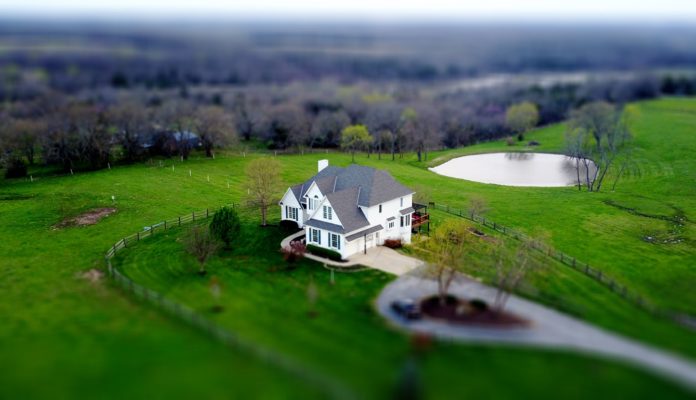It is not uncommon for city dwellers or beachside residents to fancy a change of pace and opt for the more rural country way of living. Or perhaps you want the best of both worlds and are looking for a second home in the country. Whatever your reasons to be debating a more rural life before you embark on the change here are some of the considerations you might want to make to ensure you are fully prepared for the shift in lifestyle.
Be on top of your utilities
The services you take for granted in the city may not be as easy to come by when living in the country. The luxury of air conditioning is likely to be a thing of the past and in some areas, instead, you will find yourself searching for alternative ways to keep your house cool. Furthermore, in some places utilities will not even include water or sewage. It is not uncommon for rural properties to use a septic tank, which you will be responsible for cleaning and maintaining. Of course, this is not impossible and you could quite easily call a septic tank service to take care of it for you, it is something that you need to be aware of nonetheless.
Depending on where you are looking to purchase it may also be advisable to invest in a backup generator, as power lines can be disrupted by bad weather, and repairs in remote areas can take longer than those in the city. Moreover, in rural areas where water supply might not be readily available, having portable water tanks can be a practical solution. These tanks can help you store and manage water efficiently, ensuring a steady water supply for your household needs.
Accessibility
Rural properties do not always mean remote properties but it is still important to consider the infrastructure around your property and its accessibility. Will you always be reliant on your own car to get anywhere and if so is this feasible? If you are comfortable using your car to get everywhere in your car practical? Your city car may not stand up so well on country roads, especially those that can face adverse weather conditions. If you don’t have access to your own vehicle what about the public transport available? Moreover, can you easily access local shops, schools, and hospitals? Are they even in close enough proximity for your needs? The idea of living a little more remotely may be appealing to you but you want to ensure that remoteness does not become isolation and frustration.
Get to know your community
Although country towns may be smaller with fewer offerings in terms of socializing chances are there is still a thriving community that you can tap into. To help you settle, integrate and feel at home in your new area making the effort to get to know local people and to contribute to the community will go a long way. Use local services such as shops, hairdressers, and restaurants to help keep them in business. Attend local events to show your support and make connections with local people. Small towns can be incredibly welcoming and friendly places if you make the effort to ingrate yourself within them.


